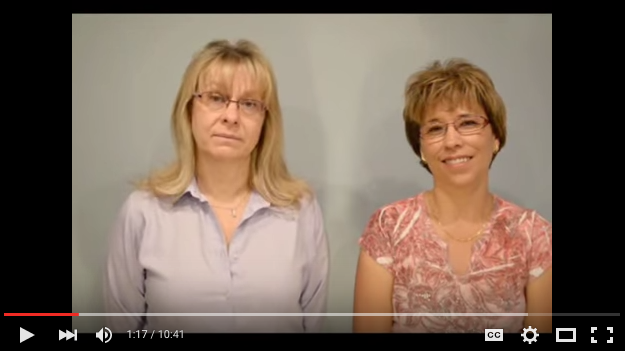When I have asked aerospace engineers or engineering students what topics they want to gain experience in or get a job in, project management is a popular answer.
Project management is an effective and popular way to advance your career beyond a purely technical role in engineering or science. It’s what I did, so I know it works!
My experience came first from OJT, or on-the-job training. The title and formal position came later.
It wasn’t until I had worked full time as a project manager for nine years that I decided to obtain my Project Management Professional (PMP) certification from the Project Management Institute (PMI). To obtain this certification, a person is required to demonstrate significant work experience as a project manager. Then they must enroll in and pass a course with 35 hours of instruction (when I write this post). Specifics can be found at the PMI website.
How can you learn about project management faster and sooner than I did?
How can you gain project management knowledge and experience before you have a job as a project manager?
These are excellent questions! It’s questions like these that I answer in How To Be a Rocket Scientist.
To be a successful aerospace engineer or professional, it takes more than technical skills. It takes resourcefulness, persistence, creativity, and dedication.
Chances are very good that you are already familiar with project management. You probably have experience with it too. But unless you are familiar with the terms and concepts used by project management professionals, you won’t appreciate this experience.
When you don’t recognize and appreciate the experience, chances are great that your future or potential managers or employers won’t either.
On the positive side, when you recognize the activities and functions that are an essential part of project management, you’ll be able to jump on opportunities to gain experience with these things when the situations present themselves.
One very effective and accessible way to gain this project management knowledge and experience is to apply Tip #7: Use free and informal educational resources.
I searched YouTube for some short and effective videos on project management fundamentals. Each of them has their own benefits and limitations. The one I believe does an excellent job of explaining the key concepts and expectations of a successful project manager is a 10-minute video from two women at TheoriesInPractice. Watch this video to learn the basics of project management in a short and sweet presentation:
You may have trouble with some of the sound quality. Their example is with a kitchen remodeling. But the content is excellent, and every project shares the same fundamentals, whether it is a kitchen remodeling project, building the next airplane, or engineering a spacecraft to land on Mars.
Are you someone who wants to learn and do more with project management? Please let me know with a comment below! And let me know if there are other things about project management in aerospace or aviation that you want to know about. I’ll look for resources to help you or ask a follow-up question to find out what you have tried so far.
Thanks for navigating your way here to learn and do more with rocket science!

Thank you Brett for writing this! It is in time for me as I am studying actively on the PMBOK guide to prepare for my PMP exam. One major advice from PMP tutors, coaches, and students, is to focus on understanding the materials, rather than memorizing them. Since I don’t hold a project manager position currently, what is the best way for me to apply the PM materials in practice? This reflects your response on how to recognize the activities and functions without experiencing them. The free video that you share is awesome to break down a 600 pages PMBOK guide from theories to practice!
You’re welcome David! I’m glad you found value in the video.
To answer your question, there could be some personal, hobby, or volunteer efforts that qualify as projects. It may be a challenge to include those in your experience for PMP certification, but it could be possible. Knowing ahead of time what to look for is a big help, which is one reason I shared this video. Volunteer efforts or leadership roles with organizations that align with your career goals are fantastic opportunities to gain project management skills and experience.
For instance, your work with the Engineering Career Coach community might qualify. Event planning is a great example for many people because the event represents a project with a specific timeframe and deliverable.
Does any of this help answer your question?